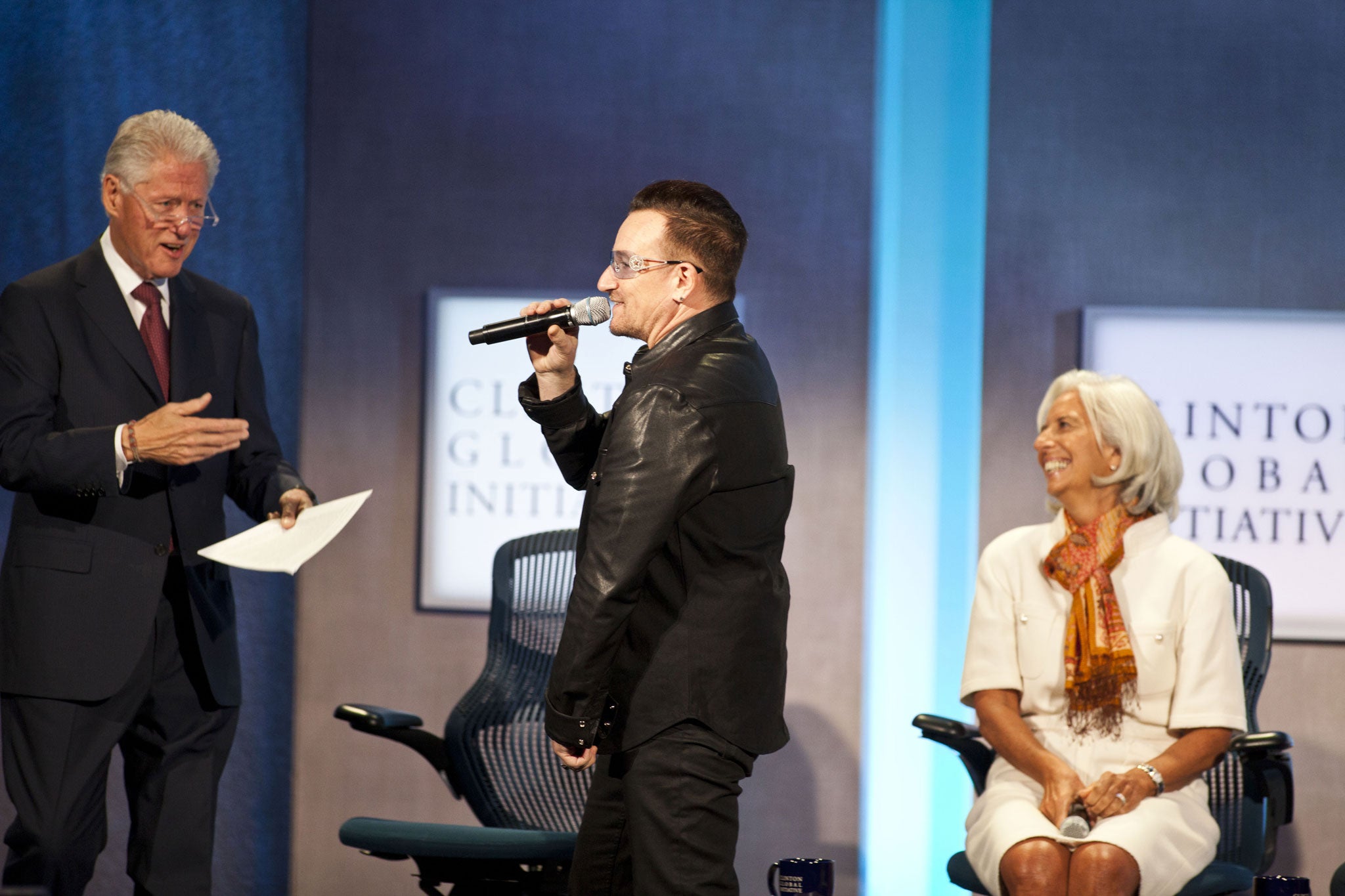The Independent's journalism is supported by our readers. When you purchase through links on our site, we may earn commission.
Ending poverty is a huge ambition. It's too much to ask of foreign aid
The long-running debate on how much foreign aid can help is drawing to a close

Your support helps us to tell the story
From reproductive rights to climate change to Big Tech, The Independent is on the ground when the story is developing. Whether it's investigating the financials of Elon Musk's pro-Trump PAC or producing our latest documentary, 'The A Word', which shines a light on the American women fighting for reproductive rights, we know how important it is to parse out the facts from the messaging.
At such a critical moment in US history, we need reporters on the ground. Your donation allows us to keep sending journalists to speak to both sides of the story.
The Independent is trusted by Americans across the entire political spectrum. And unlike many other quality news outlets, we choose not to lock Americans out of our reporting and analysis with paywalls. We believe quality journalism should be available to everyone, paid for by those who can afford it.
Your support makes all the difference.Like two economically literate sumo wrestlers, Jeffrey Sachs and William Easterly have spent much of the past decade belly to belly, each struggling to put the other on his back. At stake in their contest – which began in the pages of the The New York Review of Books in 2005 – is this: can we in the West end poverty elsewhere?
Sachs, author of The End of Poverty (2005), believes the answer is yes, and the machinery is international aid. Easterly takes the opposite view: nations cannot be airlifted into prosperity by outsiders, even if their surname is Clinton, and foreign aid often does more harm than good. To this spectator, it looked like a victor emerged last week.
It is not Sachs. If the bell were rung now, Easterly would walk it. And this result has thrown a certain amount of cold water over youthful hopes that Sachs, the Director of Columbia University’s Earth Institute, would be right; that his status as a first rank economist, combined with a galvanising can-do attitude, would prove that poverty can be eradicated through aid that is targeted correctly. Sachs appealed to the part of everyone that wants to help. Easterly, by comparison, was cast in the role of naysayer, shooting down the ideas of well-meaning interventionists. It is obviously more pleasant to be on the first team (“we can do it”) than the second (“no we can’t”).
But a new biography of Sachs, Nina Munk's The Idealist chronicles the fate of the programme on which he bet his theory’s credibility, the Millennium Villages Project. The MVP employed Sachs’ carpetbomb approach to aid: starting eight years ago, targeted villages in Africa received health, infrastructure and education support all at once. This package was supposed to break the poverty trap. In some areas, like malaria reduction, it had life-changing results. Yet Sachs’ refusal on ethical grounds to use any villages as an experimental control meant that what successes the MVP recorded could not be put in context of rising living standards across Africa.
And Sachs, who promised rather presumptuously to set these villages on the path out of poverty “at an amazingly low cost”, has also faced unforeseen setbacks: his biographer travelled to one MVP village, Ruhiira, Uganda, to find that the wells had broken down, not for the first time, and nobody knew how to fix them. Meanwhile throughout Africa, real income has increased by 30 per cent per person in the past decade, while in Sub-Saharan regions secondary school enrolment rose by 48 per cent from 2000 to 2008. There was no foreign organisation to thank for these gains; Africans who benefited might as well have sent their bouquets to Capitalism, Marketsville or indeed their own governments.
Of course, foreign interventions will still improve life for individuals who benefit. But Easterly has the backing of many development economists, and can now within reason say, as he did last week, that the debate with Sachs is over. Ending poverty is a peristaltic, homegrown process. It is too complicated to be ‘fixed’ from outside, no matter how many think tanks, donors, celebrities and benefit concerts we put on the case.
Join our commenting forum
Join thought-provoking conversations, follow other Independent readers and see their replies
Comments